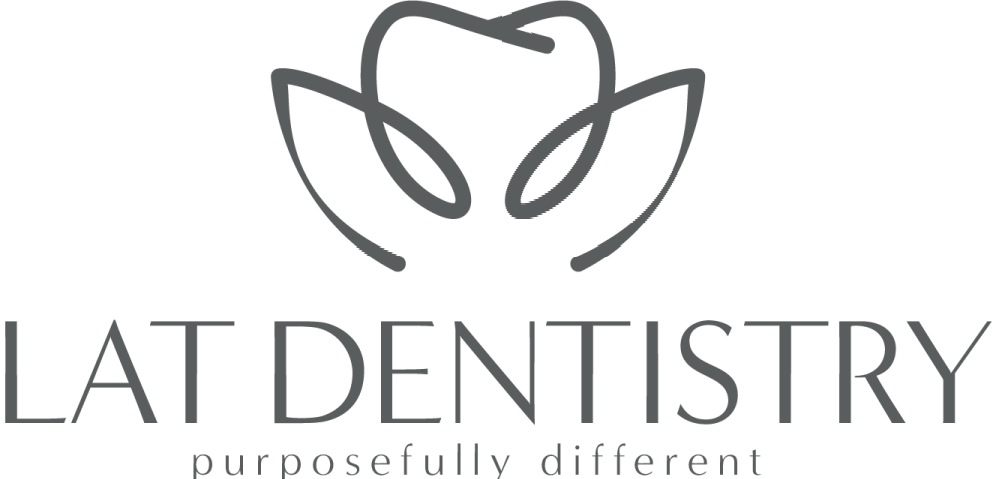TMJ, Grinding and Sleep Care
Often we see people with a combination of problems such as TMJ pain or noises, clenching/grinding, snoring, signs of tooth wear, regular muscle tension, headaches, acid erosion/reflux, mouth breathing, and tooth crowding. For many, these individual problems combine to point towards an overarching problem of sleep disordered breathing. For others, these problems indicate that the way the teeth bite together is not in harmony with the muscles and joint. Whatever the problem, please understand that you do not need to live in chronic pain. Let us be part of a team that helps guide you to a better quality of life.
TMJ Disorders
Many people have clicking and popping in their jaw joints. Others have pain in the joints and muscle soreness and tension. We assess each new patient for TMJ disorders. For those patients with TMJ problems, we first seek to diagnose the problem: “TMJ” is not a diagnosis, just a term people use to indicate the joint has a problem. After we reach a diagnosis, we will work together to treat and manage according to your diagnosis.
Night-guards
For many patients, the simplest way to prevent tooth breakage or damage is to wear a night-guard. A custom fitted night-guard is typically made from clear plastic that sits on the top teeth like a retainer. They sometime prop the lips open, so don’t be surprised if you droll in it some. The process to have a night guard made is simple: 1) diangosis 2) impressions (30-40 mins) 3) delivery and follow up
Occlusal Wear
Have you noticed o that your teeth look shorter or more square in shape or that your teeth look more yellow in color? Are your canine teeth still pointy, or do they look flat? If your answer to any of these is questions is yes, then you likely have occlusal wear. This is typically caused by either tooth grinding, acid wear on the teeth, or both. Whatever the reason, let us help identify the cause, prevent further breakdown, and repair the damage that has been done.
Help for Snoring
Do you or your partner snore? Did you know that often snoring can be reduced or eliminated with a simple mouth piece worn during sleep? These mouth-pieces work by positioning the lower jaw forward enough to give the tongue room and allow the airway to open. The process to be fitted for a snore-guard is as simple as 1) xrays and diagnosis 2) impressions 3) delivery and follow up
Clenching, Grinding
Has a dentist ever told you that you grind your teeth? If so, what steps did you or your dentist take to identify the cause and prevent further damage? Signs that you clench or grind include sore teeth or tooth pain that comes on at certain times of day, loose teeth, shifting teeth, short teeth, and flat teeth. Clenching / grinding are not normal and should not be taken lightly. Please don’t wait to seek treatment.
Airway / Sleep Dentistry
Many patients we see everyday exhibit signs of possible sleep disordered breathing, which includes sleep apnea. Sleep apnea is a serious diagnosis because of the fatigue it puts on the body, and untreated sleep apnea is deadly. Not all patients with sleep apnea have a high BMI or large neck, although many do. There is a spectrum of sleep disordered breathing, and all of these exhibit signs on the teeth. For some people who cannot or will not use CPAP, sleep apnea can be managed with an oral appliance worn during sleep. Be careful though because a sleep appliance for apnea needs to be monitored and adjusted. You must seek care from a dentist with knowledge about treating these disorders and who works with your sleep physician to help you achieve optimal health.

